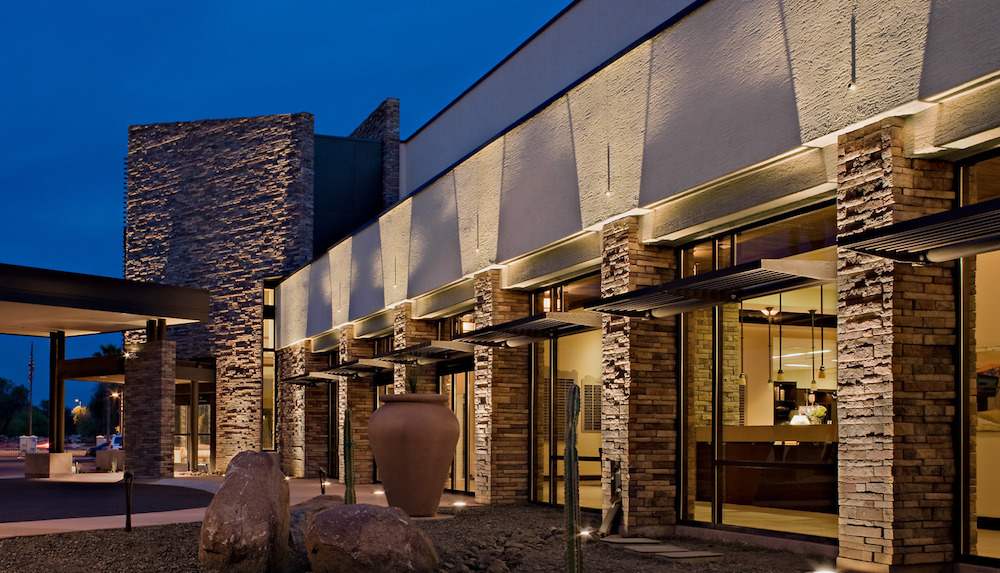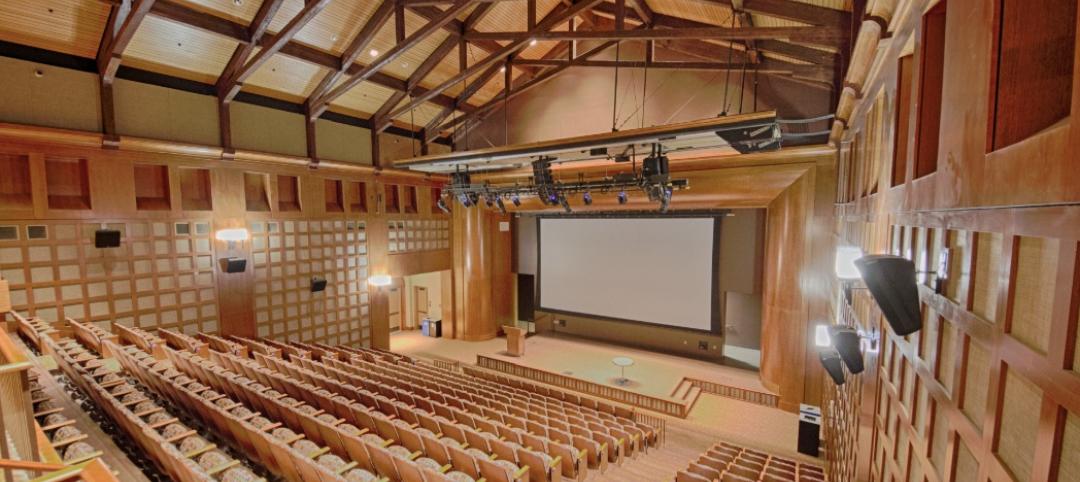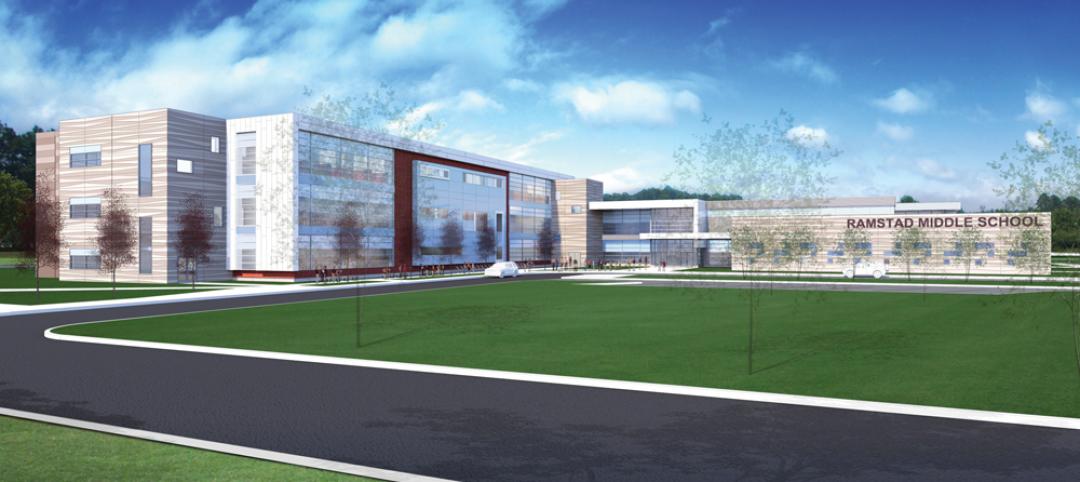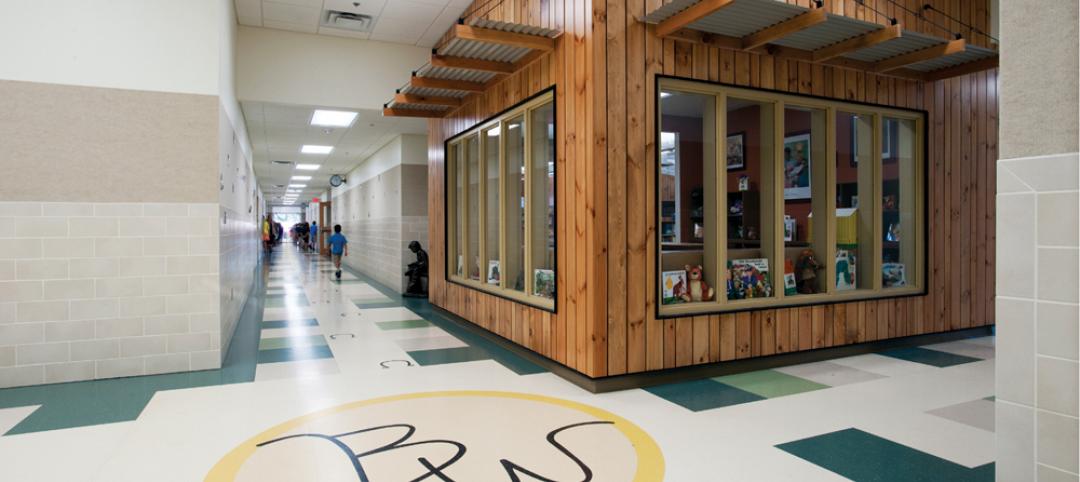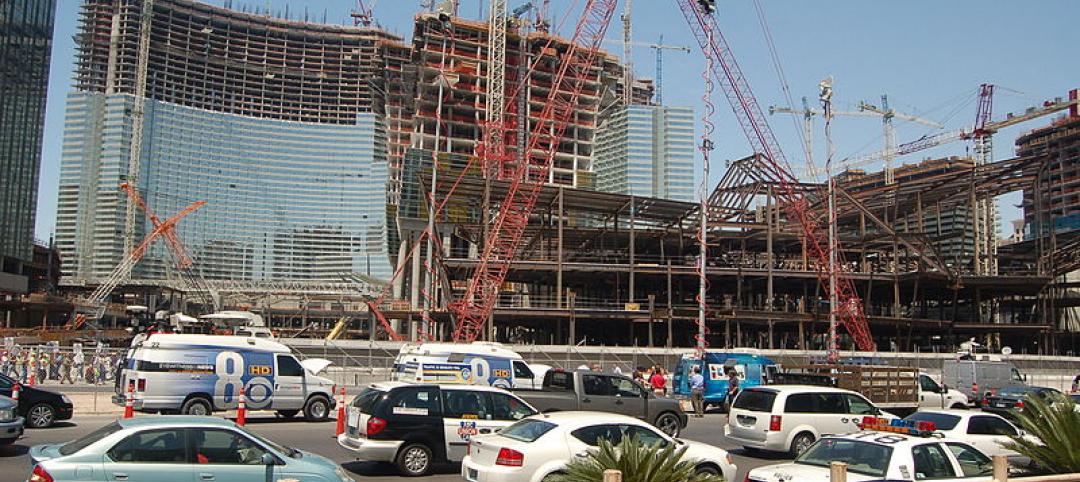International design and architecture firm Perkins Eastman announced the publication of its latest white paper, “Biophilic Design: An Alternative Perspective for Sustainable Design in Senior Living,” co-authored by Associate Hillary DeGroff, IIDA, LEED AP ID+C, and Architect McCall Wood.
The white paper examines biophilic design, studies the ways by which it lends focus to the topic of sustainability, and revisits the firm’s most successful projects to promote an understanding of the potential benefits of applying BD principles in senior living environments. The white paper is available for free download.
“Biophilic design is a focused area of research that brings people to the center of the sustainability discussion,” notes DeGroff and McCall. “It attempts to scientifically understand how people interact with their environment and, consequently, how their environment can be designed to better support them.”
While this idea has existed for nearly three decades, its use within the field of architecture has not been common practice until now. Establishing BD as a guiding principle throughout the design process, especially as it concerns senior living environments, is to recognize the imperative role the built environment plays in resident health, well-being, and quality of life.
According to the authors, “As designers, we can better understand how our environments impact us psychologically and physiologically to create architecture that promotes positive and transformative interactions. This white paper presents knowledge of how the brain and body respond to their environment and how the application of this knowledge helps demonstrate a commitment to sustainability.”
Among the spotlight projects used as case studies for this white paper are Camphill Ghent, Chatham, N.Y.; Moorings Park, Naples, Fla.; NewBridge on the Charles, Dedham, Mass.; North Chicago VA Community Living Centers, Chicago; Rockwood Retirement Community, Spokane, Wash.; Saint John’s on the Lake, Milwaukee; Sun City Park, Yokohama, Japan; and Westminster Village, Scottsdale, Ariz.
The white paper was produced and edited under Perkins Eastman’s Senior Living leadership team.
Related Stories
| Jul 18, 2014
Top Engineering/Architecture Firms [2014 Giants 300 Report]
Jacobs, AECOM, Parsons Brinckerhoff top Building Design+Construction's 2014 ranking of the largest engineering/architecture firms in the United States.
| Jul 18, 2014
Top Engineering Firms [2014 Giants 300 Report]
Fluor, Arup, Day & Zimmermann top Building Design+Construction's 2014 ranking of the largest engineering firms in the United States.
| Jul 18, 2014
Top Architecture Firms [2014 Giants 300 Report]
Gensler, Perkins+Will, NBBJ top Building Design+Construction's 2014 ranking of the largest architecture firms in the United States.
| Jul 18, 2014
2014 Giants 300 Report
Building Design+Construction magazine's annual ranking the nation's largest architecture, engineering, and construction firms in the U.S.
| Jul 7, 2014
7 emerging design trends in brick buildings
From wild architectural shapes to unique color blends and pattern arrangements, these projects demonstrate the design possibilities of brick.
| Jul 2, 2014
Emerging trends in commercial flooring
Rectangular tiles, digital graphic applications, the resurgence of terrazzo, and product transparency headline today’s commercial flooring trends.
| Jun 30, 2014
Research finds continued growth of design-build throughout United States
New research findings indicate that for the first time more than half of projects above $10 million are being completed through design-build project delivery.
| Jun 18, 2014
Arup uses 3D printing to fabricate one-of-a-kind structural steel components
The firm's research shows that 3D printing has the potential to reduce costs, cut waste, and slash the carbon footprint of the construction sector.
| Jun 12, 2014
Austrian university develops 'inflatable' concrete dome method
Constructing a concrete dome is a costly process, but this may change soon. A team from the Vienna University of Technology has developed a method that allows concrete domes to form with the use of air and steel cables instead of expensive, timber supporting structures.
| May 29, 2014
7 cost-effective ways to make U.S. infrastructure more resilient
Moving critical elements to higher ground and designing for longer lifespans are just some of the ways cities and governments can make infrastructure more resilient to natural disasters and climate change, writes Richard Cavallaro, President of Skanska USA Civil.


